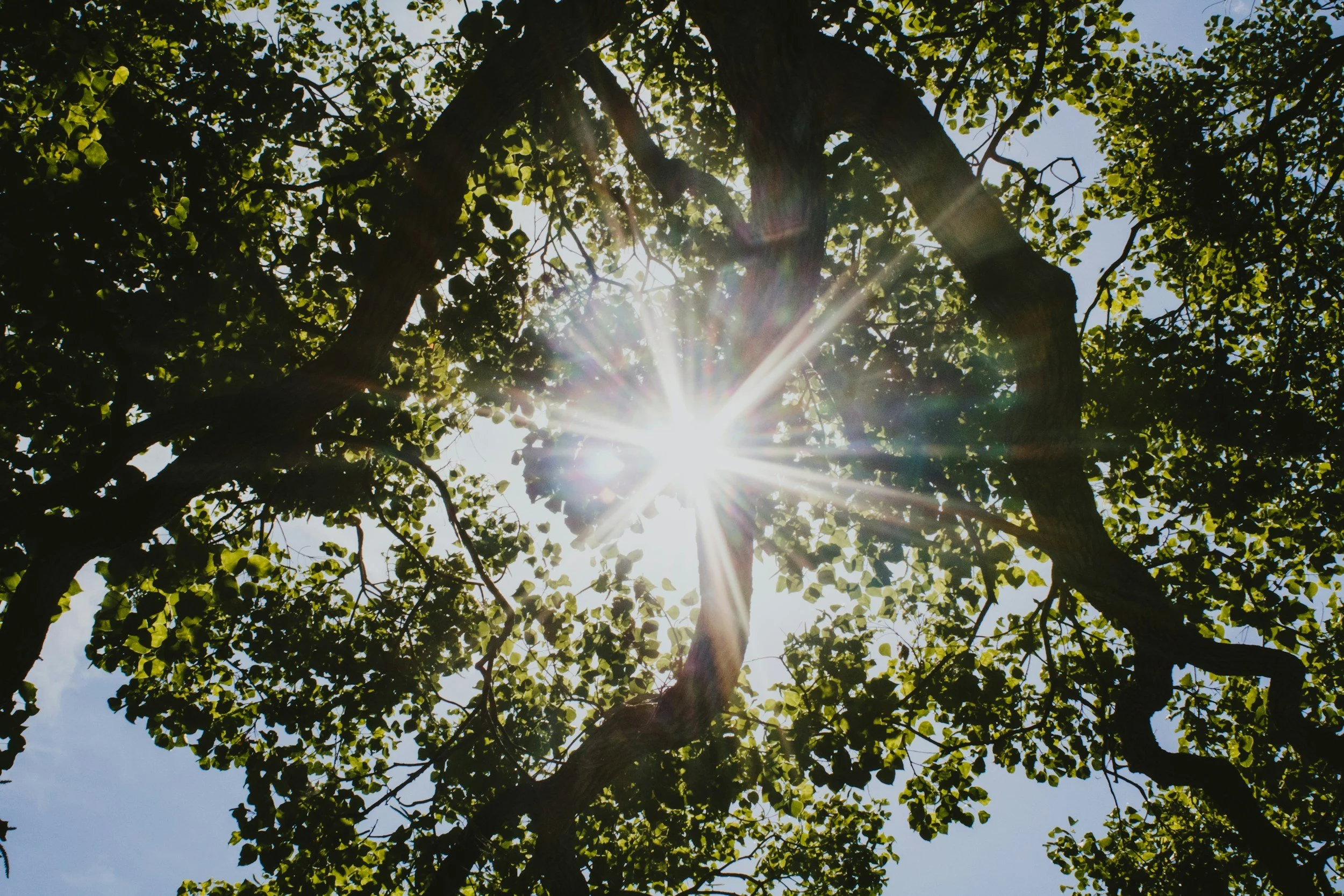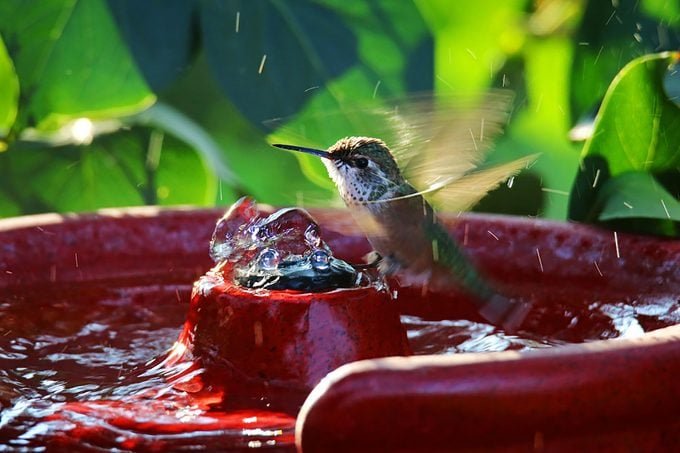Creating a Hummingbird Haven in North Jersey Gardens
Hummingbirds are among the most enchanting visitors to a garden, their iridescent feathers flashing as they dart from flower to flower. While many gardeners plant nectar-rich flowers to attract them, supporting hummingbirds throughout their lifecycle requires a more holistic approach. By providing food, shelter, nesting materials, and even a safe water source, you can create a true haven for these tiny, energetic birds in your North Jersey garden.
Planting for Nectar
Hummingbirds primarily feed on nectar, so filling your garden with tubular, brightly colored flowers is essential. Native plants are best, as they have evolved alongside local hummingbird species and provide the right balance of nutrients. Some top choices for North Jersey gardens include:
Coral honeysuckle (Lonicera sempervirens) – A vigorous vine that provides nectar-rich blooms from spring through summer.
Bee balm (Monarda didyma) – A pollinator powerhouse with vibrant red, pink, or purple flowers that thrive in New Jersey's climate.
Cardinal flower (Lobelia cardinalis) – A moisture-loving perennial with striking red flowers that hummingbirds adore.
Great blue lobelia (Lobelia siphilitica) – Another excellent option that performs well in North Jersey's wetter areas.
Trumpet vine (Campsis radicans) – A high-nectar vine that flourishes in sunny spots with proper management.
Supplementing with Feeders
Hummingbird feeders are a great supplement, especially when natural nectar sources are scarce. To make your own nectar, mix four parts water to one part white sugar (never use honey or artificial sweeteners). Clean feeders frequently to prevent mold and fermentation, which can be harmful to the birds, especially in North Jersey's humid summer conditions.
Providing Protein Sources
While nectar is a major part of their diet, hummingbirds also consume small insects and spiders for protein. Encourage this natural food source by:
Planting native trees and shrubs such as oak, birch, and dogwood, which attract insects.
Avoiding pesticides that can harm both insects and birds.
Creating a brush pile or leaving leaf litter to support insect life, especially in woodland edges common in North Jersey.
Offering Nesting Materials and Shelter
Hummingbirds build tiny, cup-shaped nests from soft plant materials and spider silk. Support their nesting needs by:
Growing native trees and shrubs like serviceberry, viburnum, and red maple, which provide safe nesting sites.
Leaving natural fibers like milkweed fluff or cattail down available.
Avoiding heavy pruning during nesting season (spring to mid-summer) to keep their homes undisturbed.
Ensuring a Clean Water Source
Hummingbirds don’t just drink nectar; they also need clean water for drinking and bathing. Unlike larger birds, they prefer shallow, moving water, such as:
A dripper or misting fountain, which allows them to hover while drinking.
A shallow dish with pebbles, offering a safe place to perch and bathe, ideal for North Jersey's fluctuating temperatures.
Creating a Safe Environment
Predators and human disturbances can threaten hummingbirds. To keep them safe:
Place feeders and flowers away from windows to prevent collisions.
Keep outdoor cats indoors or manage them responsibly.
Avoid using insecticides that can harm the tiny insects hummingbirds rely on.
Conclusion
By designing a hummingbird-friendly garden that supports all aspects of their lifecycle, you create not just a feeding station but a sanctuary. With native flowers, safe water, abundant insects, and nesting materials, your North Jersey garden can become a thriving habitat that ensures these remarkable birds return year after year. So plant, nurture, and enjoy the mesmerizing presence of hummingbirds in your garden!






